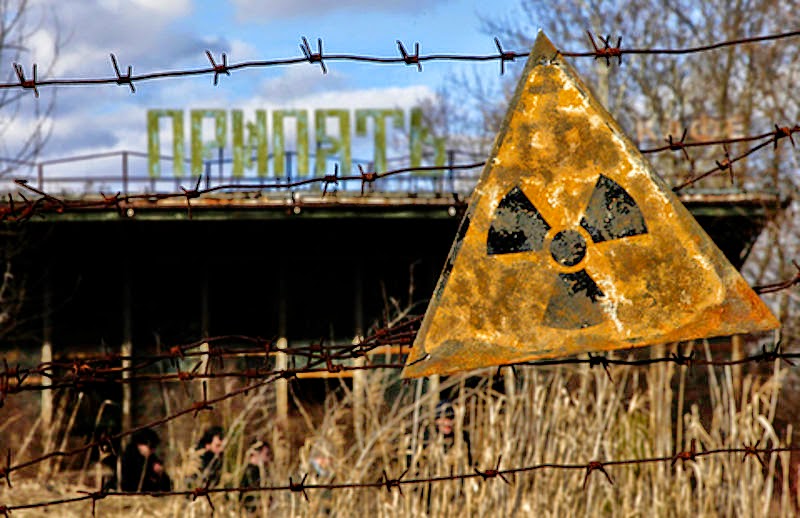Chemotherapy and the brain: How this “healing” treatment actually damages cognition
03/27/2019 / By Vicki Batts

Chemotherapy is the hallmark of conventional cancer treatment. In spite of the bevy of unpleasant side effects, chemo remains the go-to for treating many different cancers and is even used in palliative care. While chemo drugs are considered “healing” medicines, the truth is that these drugs are capable of causing long-term damage to the body and the brain. As a side effect, cognitive deficits related to chemo are estimated to effect some 75 percent of patients with cancers effecting areas of the body outside the central nervous system.
A growing number of experts are now speaking out about the deleterious effects chemotherapy has on cognition — and there is no shortage of research to support what they’re saying. Multiple chemo drugs have been implicated in the instance of “chemo brain,” and it turns out these drugs are capable of damaging essential structures within the brain. Studies show that while the industry claims chemo brain is only temporary, the effects chemo has on cognition can be long-term. Estimates suggest chemo brain may last anywhere from a few months to an entire decade.
Chemo on the brain
As Psychology Today reports, a number of chemo drugs have been identified in the onset of chemo brain. These include carmustine, cisplatin and cytarabine, along with many others. Past research has shown that these drugs had negative effects on oligodendrocytes, a type of brain cell. Specifically, these chemo drugs increased oligodendrocyte death within the dentate gyrus and hippocampus — regions of the brain dedicated to learning and memory. Research has shown that other cancer drugs are also capable of harming oligodendrocytes.
Oligodendrocytes are integral to the formation of the myelin sheath, which covers neurons and streamlines the transmission of electrical signals through the nervous system. Disruptions in the myelin sheath, or demyelination, has dire consequences and can cause problems with learning, cognition and motor skills. As such, it would appear that chemotherapy is capable of causing demyelination through its ill effects on these essential brain cells.
But this is not the only way in which chemotherapy can be harmful to the brain.
Speaking with Neurology Advisor, cancer research expert Dr. Allan Butterfield explains that in rodent models, chemo drugs that are not supposed to reach the brain are still capable of causing cognitive deficits. In one such study, the drug doxorubicin was found to cause free radical damage in rodent brains. The observed oxidative damage was associated with decreased mitochondrial function of the brain cells, along with an increase in brain cell death.
Alternative medicine on the rise
Many experts have spoken out about the potential ills of conventional cancer treatment. Even radiation treatment and other therapies are capable of causing unwanted side effects and flat-out harm to patients. It is no surprise that so many people are now turning to alternative treatments.
Turmeric is one such alternative. Recent research has shown that this golden-hued spice is more effective at fighting cancer than chemotherapy and radiation. The primary polyphenol in turmeric, curcumin, is capable of killing off cancer stem cells without causing hazardous side effects. Curcumin targets cancer cells through a number of different mechanisms — and it is capable of doing this without harming healthy cells, something most conventional cancer treatments can’t say.
This selective targeting of cancer cells is what makes turmeric (and many other herbal remedies) so unique. While scientists are still looking for the best way to use turmeric to fight cancer, it hasn’t stopped patients from beating cancer on their own. In 2018, the British Medical Journal published an astonishing case study in which a woman used nothing but turmeric to completely cure her stage-3 multiple myeloma.
You can learn more about alternative cancer treatments at Cancer.news.
Sources for this article include:
Tagged Under: bad doctors, bad medicine, brain health, chemo, chemo brain, cognition, poison, research, toxic drugs, toxins
RECENT NEWS & ARTICLES
COPYRIGHT © 2017 MEDICAL EXTREMISM




















